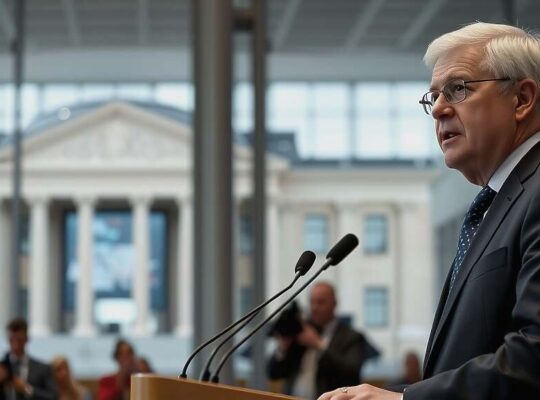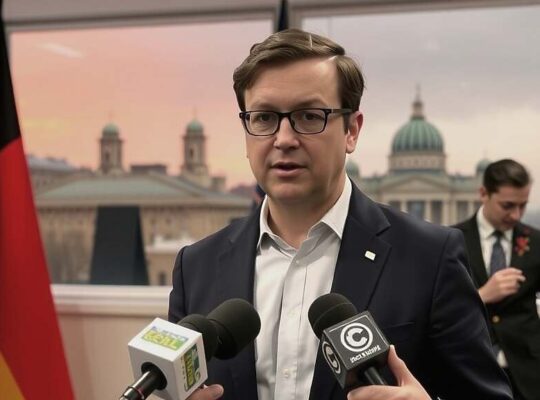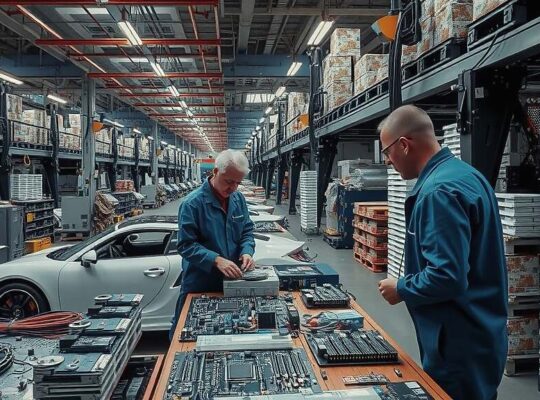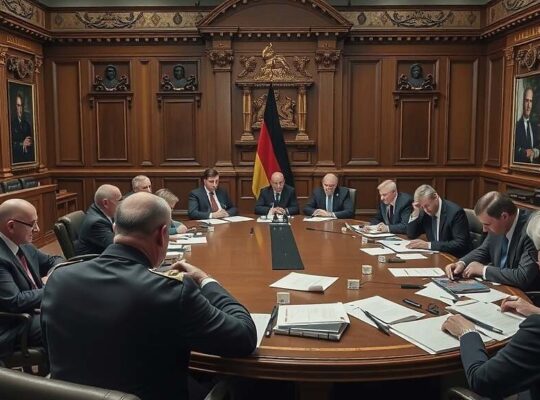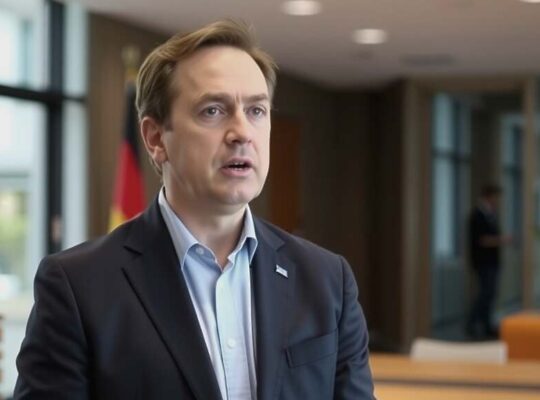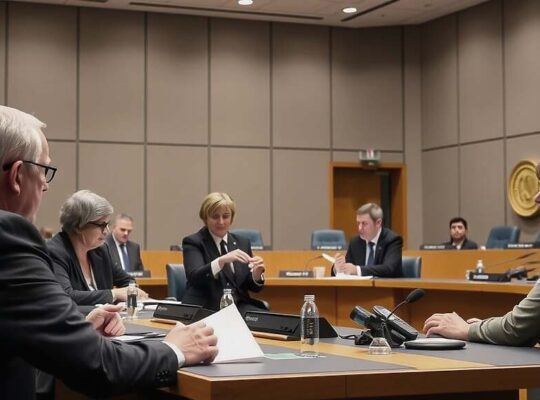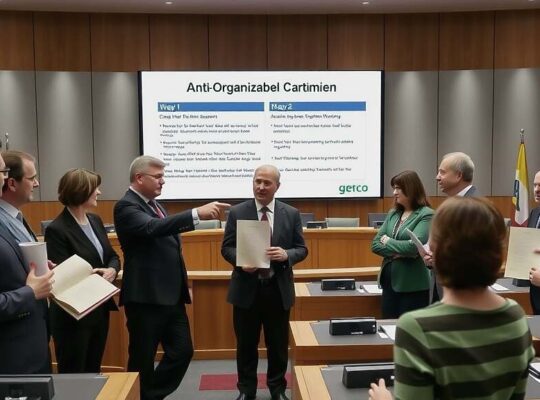German winemakers are bracing for potentially irreversible damage stemming from tariffs imposed by former U.S. President Donald Trump, triggering a significant reshaping of international trade relations and highlighting the uneven impact of protectionist policies. Andreas Brokemper, CEO of Henkell-Freixenet, warned that the “tariff situation leads to higher prices, complicates planning and will certainly lead to a decline in demand” underscoring the immediate economic pressures on the industry.
Christian Schwörer, Secretary-General of the German Winegrowers’ Association, echoed this sentiment, stating that the U.S. export market has “suffered enormously” and is unlikely to fully recover. The 15% tariff, compounded by rising production costs and escalating warehousing expenses in the U.S., renders price adjustments untenable for many producers. This crisis has prompted a scramble for alternative markets, with exports to China surging by over eight percent year-on-year as winemakers seek to mitigate losses. The German Wine Institute expressed hope for a return to “trade relations on an equal footing” under a future administration.
However, the ramifications extend far beyond the wine sector. Rolf Langhammer, a trade expert at the Kiel Institute for World Economics, cautions that Trump’s policies are fundamentally altering economic relationships. He notes that, beyond the auto, steel and aluminum industries, the pharmaceutical sector faces immense pressure due to the former administration’s push to lower extreme U.S. drug prices at the expense of foreign suppliers.
Overall, German exports to the U.S. have been in decline for five consecutive months. August data from the Federal Statistics Office revealed a goods value of €10.9 billion, the lowest since November 2021, representing a 20% drop compared to the previous year. This highlights a broader trend of strained trade ties.
The divergent experiences within Germany’s business landscape further illustrate the selective nature of this disruption. In stark contrast to the viticultural sector, the Bavarian arms manufacturer Hensoldt is reporting stable U.S. operations. They supply laser rangefinders for U.S. tanks and operate a plant near Washington, D.C., maintaining a long-term collaborative approach with planned joint projects involving aerospace giants like Boeing and Lockheed Martin.
Nicolas Ziebarth, an economist at the Leibniz Centre for European Economic Research (ZEW), suggests that Germany’s ability to offer specialized, difficult-to-substitute products allows some manufacturers to pass tariff costs onto consumers. This uneven resilience underscores the complex and varied consequences of protectionist trade policies, potentially leading to a long-term restructuring of German exports and enduring geopolitical tensions.



